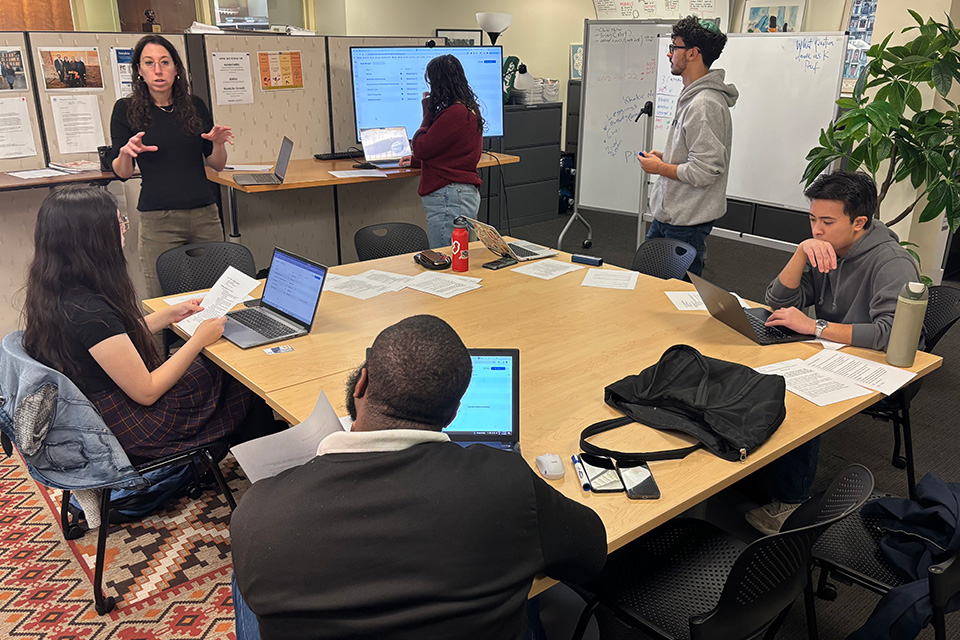
Programs
MCSJE has developed programs that engage and inspire established and emerging researchers and practitioners with the goal of driving impact in the field of Jewish education scholarship.
The Mandel Center for Studies in Jewish Education (MCSJE) is dedicated to advancing the field of Jewish educational scholarship through expansive research on teaching and learning and by convening and catalyzing other scholars and practitioners in the field through important programs, events and conferences.
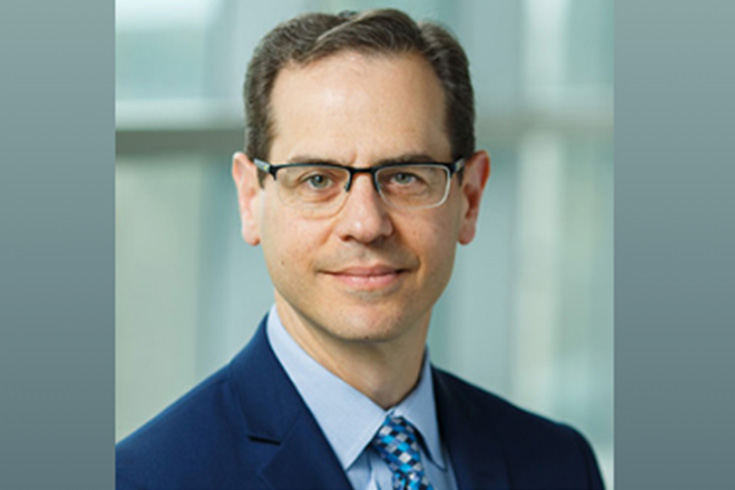
February 26, 1 PM - 1:30 PM
Learning About Learning | The heart of Jewish education, it seems, is the study of the Jewish textual tradition, or what insiders call “learning Torah.” There are good reasons to think about Jewish education that way. But there are also some reasons to question that assumption, based on the history of Jewish textuality and the history of Jewish culture. In this session, Jon A. Levisohn will discuss a recent book chapter, where he argues that we need to think more broadly about how and why Jewish education helps young people engage with a wide range of Jewish cultural practices.
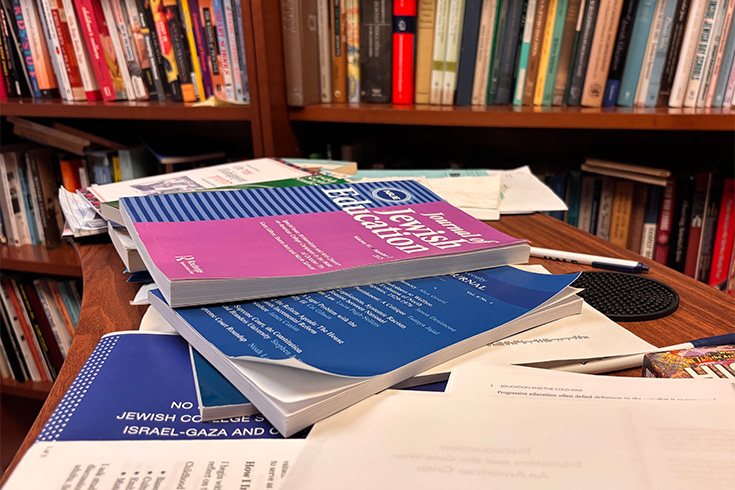
March 2, 1 PM - 2:15 PM
Spotlight Session | What, if anything, can be considered “best practice” in Israel education? What are the challenges of learning about Israel in every stage of life? In this Spotlight Session, we will explore what a team of scholars learned about research and practice in Israel education through a process of carefully sifting through the existing literature in the field. Through conversation, these experts will share what their experience writing a recent article in the Journal of Jewish Education taught them about building a knowledge base about Israel education, and about Jewish education more broadly. Panelists include Alex Pomson (Rosov Consulting), Matt Reingold (Rosov Consulting), and Sivan Zakai (HUC-JIR), with Jonathan Krasner (Brandeis University). Co-sponsored by the Mandel Center for Studies in Jewish Education at Brandeis University and the Journal of Jewish Education.
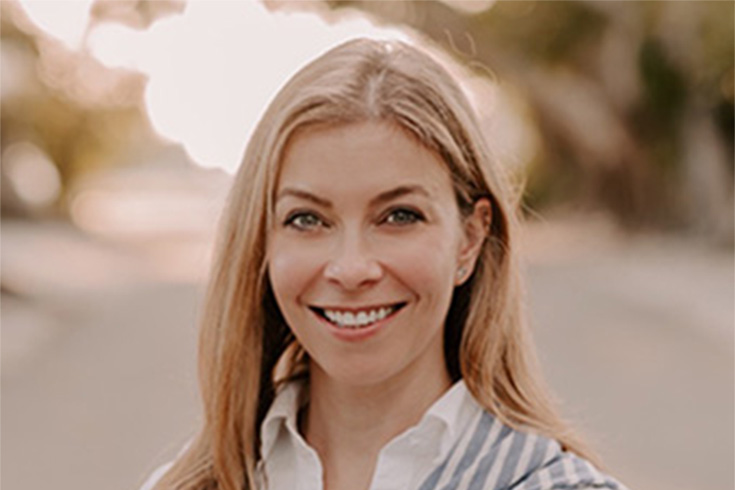
March 26, 1 PM - 1:30 PM
Learning About Learning | Reports from research centers and in the media make it clear that overt antisemitic incidents have surged on college campuses since October 7. But what about those subtle forms of antisemitism, which are much less likely to be reported and documented? Yael Silverstein and her colleagues asked university students, faculty, and staff about overt and subtle antisemitic experiences, and they found that both types had negative outcomes for individuals and institutions. In this session, she will share a framework for identifying, teaching about, and addressing antisemitic experiences in academic settings.
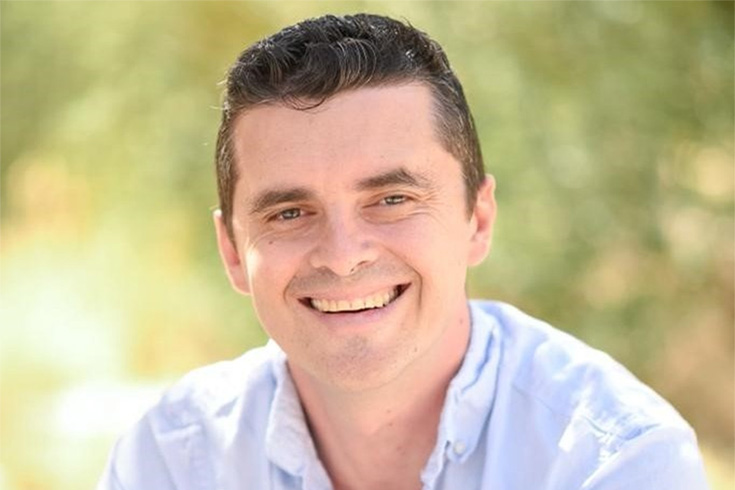
January 15
Learning About Learning | In this session, we explored insights into how Israel educators from Jewish high schools across the denominational spectrum approach teaching modern Israel in response to the "you never told me" phenomenon: graduates expressing disillusionment that criticisms of Israel were not covered in their high school education. Benji Davis discussed his recent study and shared how educators intentionally incorporate both Zionist and Palestinian perspectives to deepen students' Jewish identification with Israel and the Jewish people, while preparing them to engage in conversations about Israel on campus.
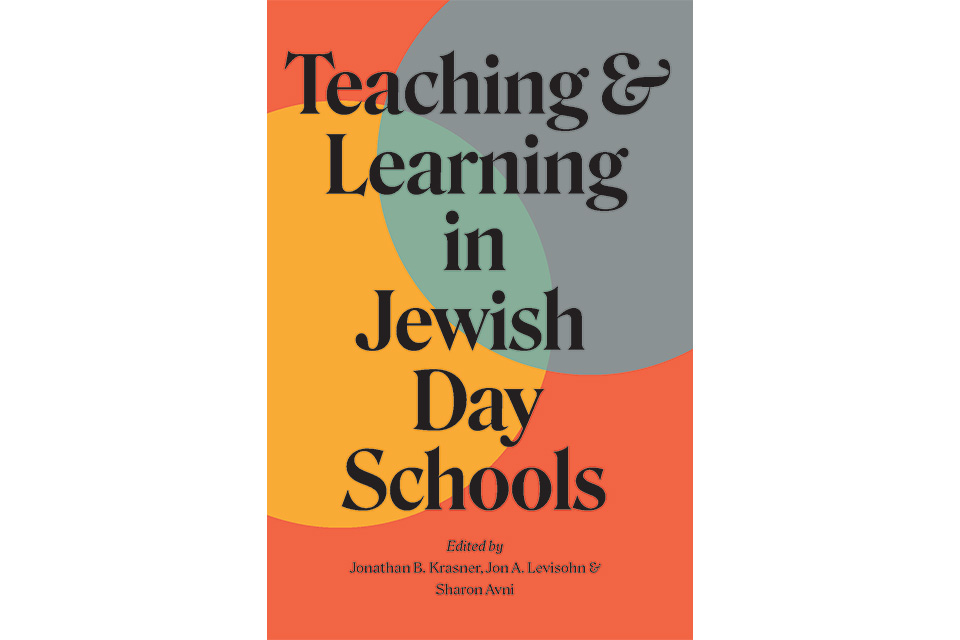
December 11
Book Event | What does the latest research in teaching and learning in Jewish day schools reveal about what’s going on in classrooms today? For this webinar, respondents Daniel Held (UJA Federation of Greater Toronto), Amanda Pogany (Luria Academy of Brooklyn), and Tali Zelkowicz (The Wexner Foundation) brought their questions to Teaching and Learning in Jewish Day Schools, a new publication focused on presenting a better understanding of how day schools are educating diverse Jewish youth in a variety of content areas. In a generous and generative conversation with Ziva Hassenfeld and Jon Levisohn, they shared some of their learnings with us. Teaching and Learning in Jewish Day Schools is available for purchase and published in the Mandel-Brandeis Series in Jewish Education by Brandeis University Press.
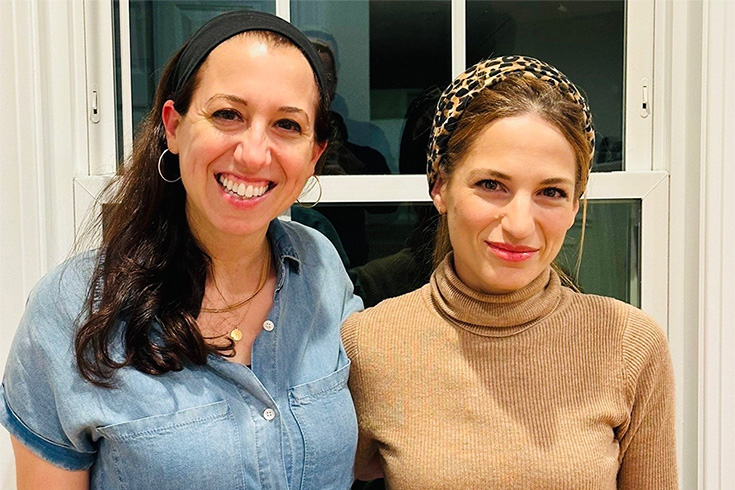
November 20
Learning About Learning | In this time of continued war and exhaustion, how are teachers in Israel teaching, and what do they prioritize in their classrooms? In a longitudinal study, scholars Ziva Hassenfeld and Hadar Fisher asked these questions of 41 teachers in Israel, beginning just three weeks after October 7 and continuing with a group of 12 for another two years. In this session, they share insights into these teachers' ethic of care and how they enact in their teaching varied ideas surrounding their diverse understandings of students' well-being. Co-sponsored by the Schusterman Center for Israel Studies

November 4
Spotlight Session | Two years after October 7, that date seems to mark a watershed in Jewish life around the world, including in North America. In this session, we explore how American Jewish educators and Jewish educational institutions have responded, how the changed environment has affected their work, and how they might need to think differently about the work of Jewish education in the days and years to come. Panelists include Nina Bruder (Jewish New Teacher Project), Alex Pomson (Rosov Consulting), Matt Reingold (Rosov Consulting), Miriam Heller Stern (BJE: Builders of Jewish Education) with Jon Levisohn (Brandeis University).